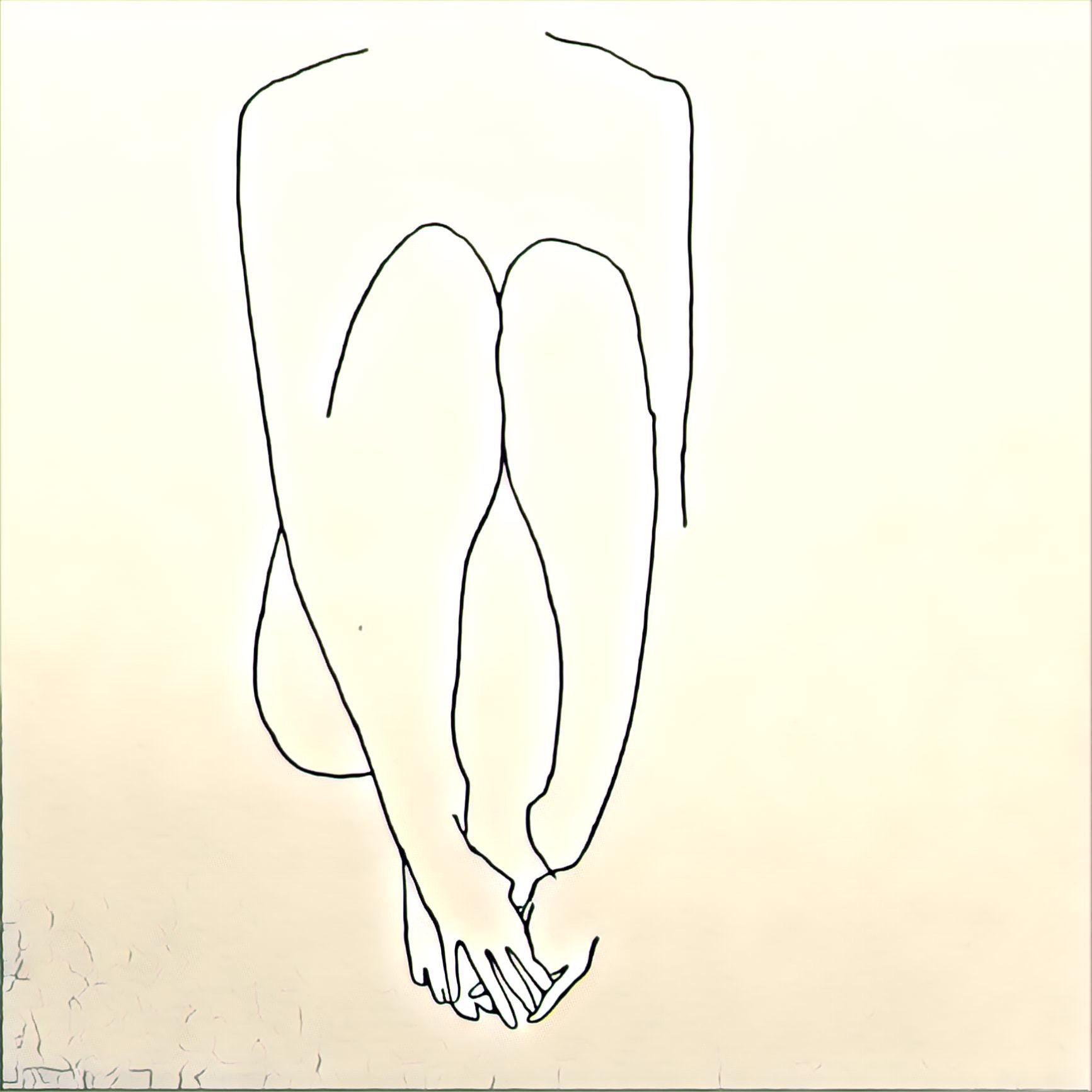I grew up in a pharmacy, my mother bought the business when I was 5 years old and I spent most of my childhood there. My sister and I were constants, eating afternoon tea in the backroom or racing each other down the aisles on crutches. Another constant of the pharmacy was the section in the far-right aisle next to the sanitary pads and deodorants – feminine hygiene.
We had FemFresh daily wash and deodoriser. The Summer’s Eve douche and ‘intimate’ wipes. With the addition of diva cups when they came on the market this section stayed mostly unchanged for over ten years.
While I never used these products, shelving them, pricing them and selling them, always made me wonder if I was doing something wrong. Made me wonder if not using these products somehow made me ‘dirty’ or ‘unhygienic’. It took me much longer than I care to admit for me to realise these products and in fact the whole industry of feminine hygiene were simply modern encapsulations of sexist misconceptions on female cleanliness.
Feminine Hygiene exists in the space between the pharmaceutical and wellness industry and co-opts ideas of self-care and female empowerment to persuade women their periods and vaginas are unclean. From Vagina Facials to perfumes, there is a cornucopia of products aimed to cover any natural odours or discharge. Despite these products often causing more pain than good in the disturbance of natural PH levels, these industries continue to grow. Menstruation is not something to clean and scrub away, it’s a natural process and should be treated as such.
In 2015 Kiran Gandhi ran the London Marathon while on her period. She woke up the morning of the marathon with her period and with no viable method to manage her flow she decided to free bleed, finishing the marathon with blood dripping down her leg. While Gandhi spoke proudly about dismantling menstruation stigma, articles and interviews on the subject focussed on her cleanliness. On the sight of the blood and how her participation in public space while bleeding was for want of a better word, gross.
Our understanding of cleanliness and specifically women’s cleanliness is determined by a historical understanding of menstruation as ‘dirty’ which has worked to undermine scientific findings.
The vagina is a self- cleaning organ. No douche, feminine wash or wipe is necessary. Periods, scent, discharge, hair, clots. These are not things that make you unclean but make you the woman you are. Despite a whole industry and continual messaging telling us otherwise, these things are not something to be ashamed of. They are perfectly normal and in fact pretty miraculous. For example, the discharge your vagina creates removes dead cells and bacteria from your body to prevent infections. The vagina cleans itself, so why does an entire industry exist to tell us otherwise?
The continuous discourse to clean ourselves, cover our smell and hide our periods is institutionalised messaging from the patriarchy that womanhood is something to be ashamed of.
Years ago, I spoke to my mother about the myth of feminine hygiene and together we removed these cleaning products from the shelves. One by one we took them down and sent them back to our suppliers. Their empty place was replaced by menstrual cups and natural sanitary pads and organic cotton tampons.
You should clean the outside of your vulva like you would any part of your body, but the only interior cleaning, douching or specialised treatment should be directed by a doctor. But feminine washes, deodorisers or otherwise that exist simply for you to cover up or scrub away any natural processes are unnecessary. So perhaps if you or someone you know use feminine washes or deodorisers, have a conversation with them today about the wonders of the self-cleaning vagina.
If you’d like to receive notice of new blogs and updates sign up to the Chalice Foundation’s mailing list by clicking on the button below.

Rosie Ward
A regular contributor to The Leak, Rosie is a full-time post graduate student at the University of Melbourne. She is interested in finding effective policy solutions to gender inequalities and the power of feminist literature. She combines these interests in her role as Babes in Books director. When not doing that you can find her tending to her growing cactus collection.


